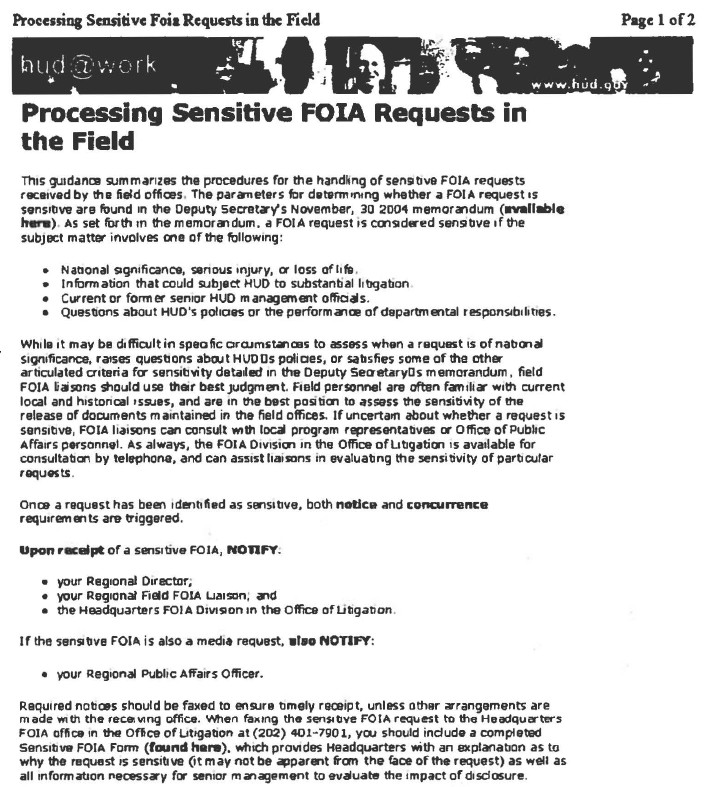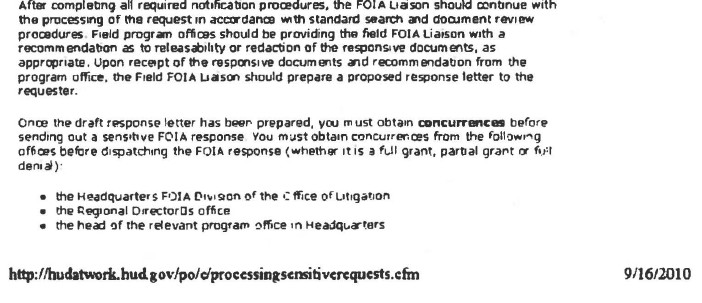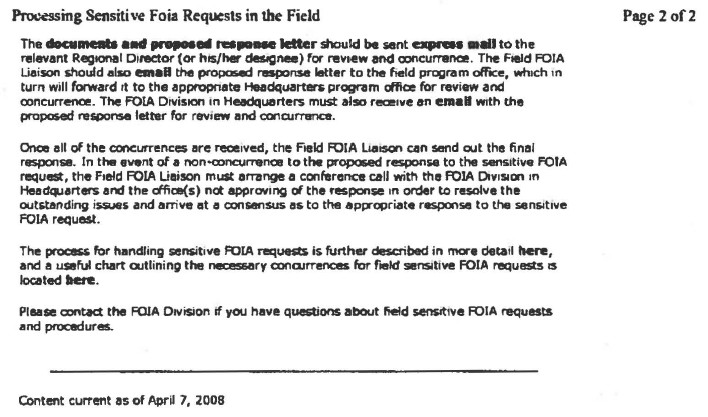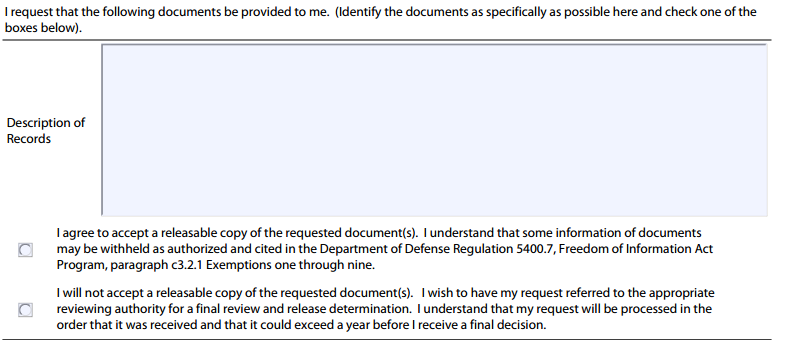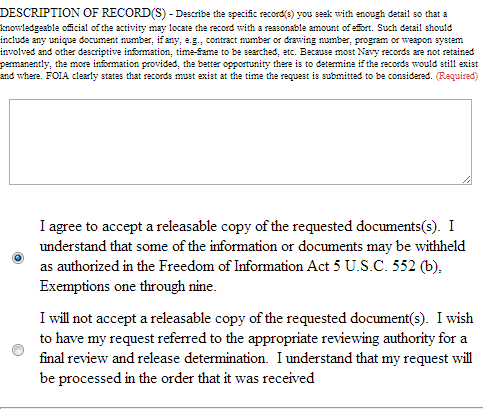Field offices of the Department of Housing and Urban Development (HUD) may not release records in response to FOIA requests deemed “sensitive” without obtaining approval from three HUD offices, according to a policy document obtained by Cause of Action from HUD’s Office of Inspector General.
A “sensitive” FOIA request is defined by the policy document as one that involves any of the following:
- National significance, serious injury, or loss of life;
- Information that could subject HUD to substantial litigation;
- Current or former senior HUD management officials; or
- Questions about HUD’s policies or the performance of departmental responsibilities.
The policy document, which is labeled “current as of April 7, 2008” and confirmed by HUD Public Affairs as still in effect, provides that any field office receiving such a request must notify its “Regional Director” and “Regional Field FOIA Liaison,” as well as “the Headquarters Division in the Office of Litigation.” If a sensitive request is submitted by the media, the “Regional Public Affairs Officer” also must be notified.
After the above offices are notified, the field office handling the request must prepare a proposed response and obtain the “concurrence” of the Headquarters FOIA Division of the Office of Litigation, the Regional Director’s Office, and the “head of the relevant program office in Headquarters.” If any of these offices disagree with the proposed response, the “Field FOIA Liaison must arrange a conference call with the FOIA division in Headquarters and the office(s) not approving of the response in order to resolve the outstanding issues and arrive at a consensus as to the appropriate response to the sensitive FOIA request.”
Notably, HUD Regional Directors and at least eight of twenty-two heads of HUD Program Offices, such as the General Counsel and Public and Indian Housing offices, are political appointees.
HUD’s policy concerning sensitive FOIA requests was initially revealed by the HUD IG to Congress on September 29, 2010 in response to an inquiry concerning the politicization of FOIA. Neither the IG nor HUD has proactively disclosed this policy document to the public, nor is it referenced in HUD’s publicly available FOIA material.** Perhaps worst of all, the IG’s report to Congress downplayed the policy’s significance. Despite the fact that HUD’s FOIA policy allows political appointees to weigh in on sensitive requests, the IG accepted the agency’s assertion that “political appointees have a limited role in request reviews and no role in the decision-making regarding the documents to be released to the requester.”
HUD’s FOIA policy is similar to the secret policies that we uncovered at the Department of Defense and the Department of the Treasury, and its impact is equally harmful. Specifically, it usurps the authority of career FOIA professionals, delays and/or prevents the release of requested records, and further erodes the public’s trust in government.
**HUD’s policy document for sensitive requests includes a URL and is dated “9/16/2010,” but that link does not work. Nor were we able to locate the document on the HUD website or via the “Wayback Machine” or Google.
